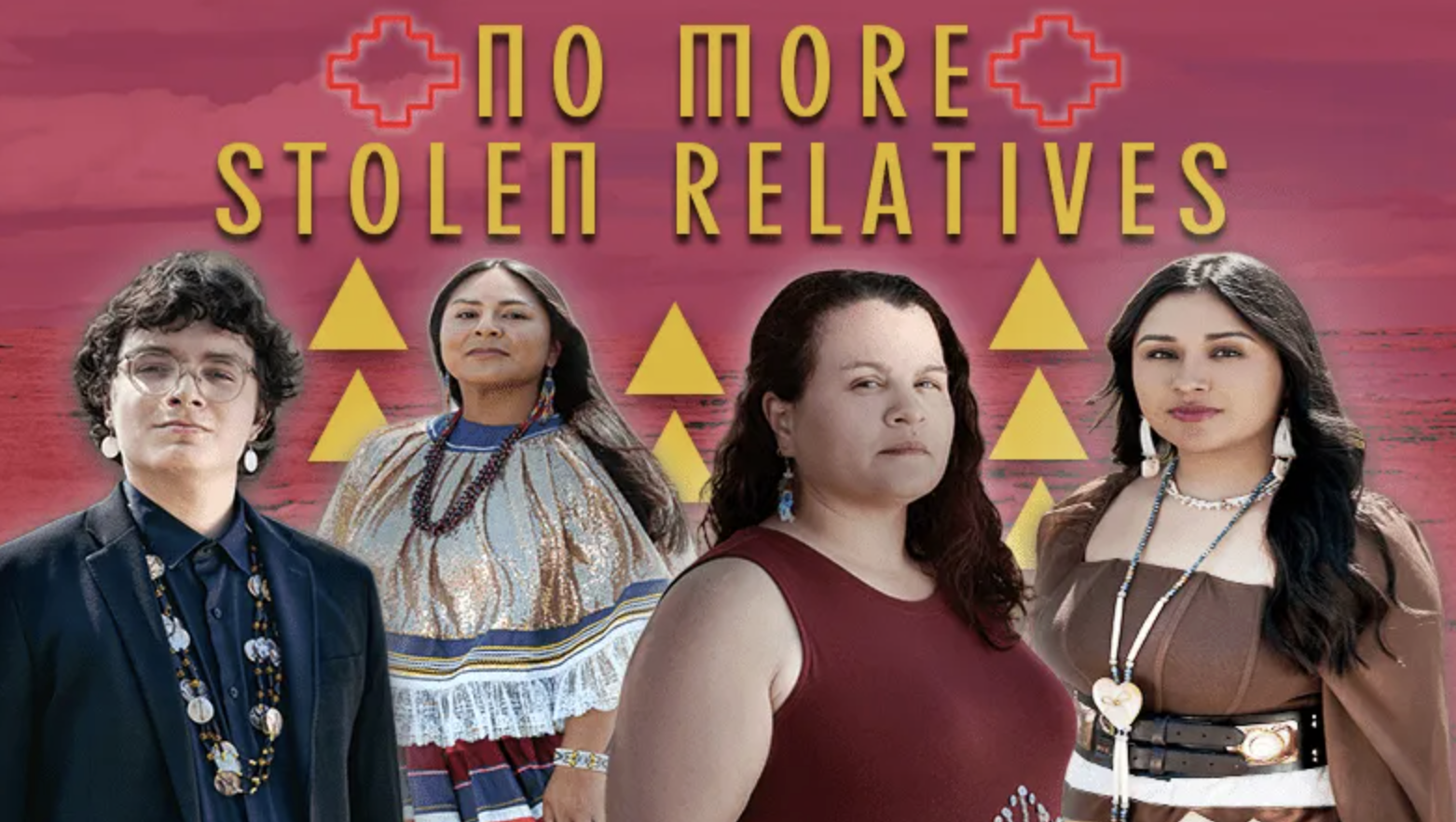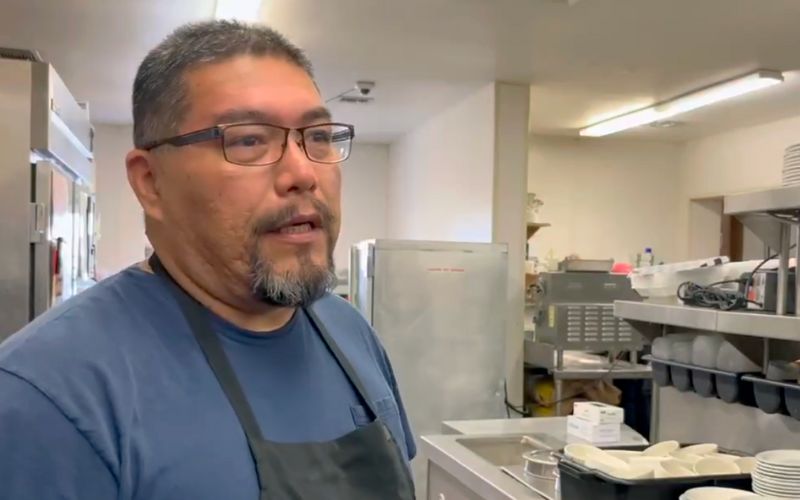- Details
- By Tarah Buchan
Trust plays a bigger role than most people realize when scrolling through service platforms. Whether it’s choosing a hairstylist, a plumber, or someone to fix the Wi-Fi, people rely heavily on stars, blurbs, and vague usernames. These short bursts of digital feedback now stand in for real-world credibility. But while star ratings once gave people a sense of confidence, today they often feel like noise. The process still works, though it has changed shape and raised some eyebrows.
The Review Dilemma in Digital Transactions
A lot of services, from food delivery to booking a repair, depend on ratings. Stars offer a quick filter. One bad review can spook someone. Too many glowing ones can look suspicious. That creates a strange space where trust feels both essential and questionable.
This goes deeper than the number next to someone’s name. Many platforms use algorithms to push highly-rated workers to the top. That gives a few people a lot of visibility while others stay buried, regardless of skill. A driver with a 4.95 might get the next hundred gigs, while someone sitting at 4.7 keeps getting passed over. That’s not necessarily about the quality of their work but about who had the better day, or who got the customer in a better mood.
The issue grows when feedback is vague or influenced by things outside of performance. A delivery that came late because of rain can still ding a courier’s reputation. Someone might give three stars instead of five for reasons unrelated to the job. When the digital record is short and rigid, the whole picture becomes skewed.
Decision Paralysis and Destination Confusion
Choosing a place to travel used to involve brochures, advice from friends, and a phone call or two. Now the process sits in reviews, photos, and rankings. But this same system makes it harder to decide. Five cities might all look perfect, but online trust gaps create hesitation.
That hesitation stems from two sources. One comes from too much feedback. The other comes from doubt. Hundreds of reviews mean sifting through fake-looking praise or long rants about unrelated matters. Someone might question whether a charming village is worth it because a few folks found the beds too firm.
This kind of doubt doesn’t only apply to hotels or restaurants. Travel apps and booking sites rely on third-party providers. One bad link in the chain, and the entire experience feels fragile. The uncertainty creates a kind of soft pressure.
Narrowing the Gap with Verified Picks
Certain services carry more weight than others when it comes to personal trust. Online platforms involving real money demand sharper attention. Expert-approved online casinos remove the uncertainty that usually comes with endless scrolling. These picks come from a blend of professional review and hands-on player feedback. It trims down the choices and highlights who actually delivers on promises.
Some of these casinos have thousands of games, reliable payment tools, and strong track records with user support. These aren’t just boxes checked at random. The ratings reflect what players value – quick withdrawals, fair bonuses, clear terms, and secure access. That makes a difference when someone has to trust the site with sensitive details.
Expert selections carry weight because they remove guesswork. They draw on details that casual reviews often miss. Someone scanning for fast payouts or low deposit requirements won’t find that in a vague five-star comment. They will find it in a review that actually breaks down what a platform does well. That’s the kind of detail that closes the trust gap.
The Shape of Trust Is Still Shifting
Ratings used to be a bonus. Now they are the backbone of most service interactions. People scroll past the details and stop when they see 4.9 out of 5. Platforms designed their systems around that behavior. Social media adds more noise by amplifying the same ratings across posts, stories, and feeds.
That approach works until it doesn't. When everyone has five stars, the numbers no longer sort anything. Platforms often step in by building in verified badges, trust scores, or filters. These tweaks show an effort to add nuance, but the core issue remains. Most people want trust in simple form. A number, a sentence, a stamp of approval. But trust rarely works that way.
Reputation systems are here to stay. Their influence grows stronger in sectors where choice feels overwhelming or stakes are higher. The digital trust gap may never vanish, but it can shrink when the people behind the systems put accuracy and relevance before fluff.
More Stories Like This
Diné-led nonprofit immerses children in their native languageThe mystery of wildlife and a world beyond our understanding
Feds close to releasing draft environmental review of Colorado River management options
Happy Holidays from Native News Online
After Trump cuts, seeds sit in the warehouse
Help us defend tribal sovereignty.
At Native News Online, our mission is rooted in telling the stories that strengthen sovereignty and uplift Indigenous voices — not just at year’s end, but every single day.
Because of your generosity last year, we were able to keep our reporters on the ground in tribal communities, at national gatherings and in the halls of Congress — covering the issues that matter most to Indian Country: sovereignty, culture, education, health and economic opportunity.
That support sustained us through a tough year in 2025. Now, as we look to the year ahead, we need your help right now to ensure warrior journalism remains strong — reporting that defends tribal sovereignty, amplifies Native truth, and holds power accountable.
 The stakes couldn't be higher. Your support keeps Native voices heard, Native stories told and Native sovereignty defended.
The stakes couldn't be higher. Your support keeps Native voices heard, Native stories told and Native sovereignty defended.
Stand with Warrior Journalism today.
Levi Rickert (Potawatomi), Editor & Publisher

















